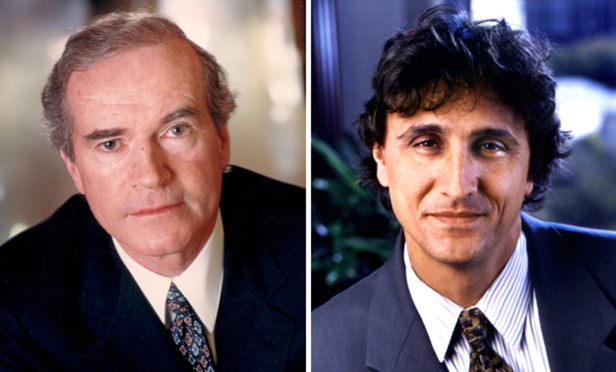This column has addressed the subject of vicarious liability and related issues on many occasions over the years. In medical malpractice actions, the issue most frequently arises in the context of plaintiffs seeking to hold hospitals vicariously liable for improper care or treatment provided by attending physicians, residents, or nurses who are either employed by the hospital or for whom the hospital may be held liable under one or more theories of agency.
In December 2011, we discussed situations in which a plaintiff discontinues against an employee but seeks to hold a hospital liable for that employee’s negligence, and the potential impact of the discontinuance on the plaintiff’s right to recover from the hospital.1 The source of the problem analyzed in that column derived from the Appellate Division’s decision in Escobar v. New York Hosp., 111 A.D.2d 128 (1st Dept. 1985), which created some lack of clarity on the subject. We ultimately concluded that the effect on vicarious liability claims against a hospital turns on whether the discontinuance was on the merits of the claims against the employee, because there can be no vicarious liability when there has been a dismissal on the merits of the underlying claims.
This content has been archived. It is available through our partners, LexisNexis® and Bloomberg Law.
To view this content, please continue to their sites.
Not a Lexis Subscriber?
Subscribe Now
Not a Bloomberg Law Subscriber?
Subscribe Now
LexisNexis® and Bloomberg Law are third party online distributors of the broad collection of current and archived versions of ALM's legal news publications. LexisNexis® and Bloomberg Law customers are able to access and use ALM's content, including content from the National Law Journal, The American Lawyer, Legaltech News, The New York Law Journal, and Corporate Counsel, as well as other sources of legal information.
For questions call 1-877-256-2472 or contact us at [email protected]



